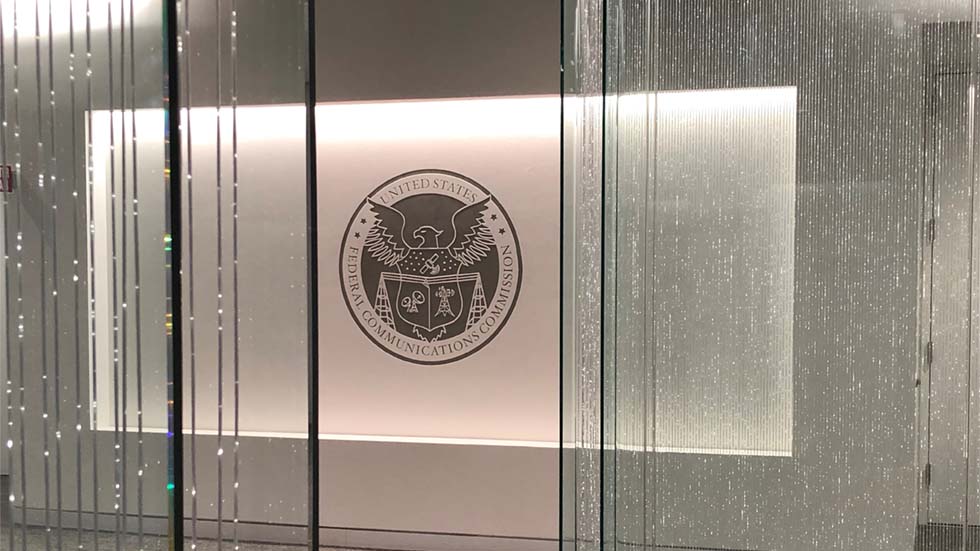U.S. Appeals Court Strikes Down FCC’s Net Neutrality Rules
6th Circuit finds regulator did not act within its legal authority

In a major victory for cable companies and telcos that raises concerns about the Federal Communications Commission's regulatory authority in the wake of recent U.S. Supreme Court rulings, the 6th U.S. Circuit Court of Appeals has struck down the agency’s net neutrality rules.
The rules require broadband operators to treat all internet traffic equally and banned them from giving preferential treatment to some sites by speeding up or slowing down consumer access.
The FCC had implemented net neutrality rules under former President Barack Obama, which were then dropped during the Trump administration. Last April the FCC voted 3-2, along party lines, to reinstate the rules in its "Safeguarding and Securing the Open Internet Order.” Industry groups then sued the FCC to block their implementation.
The 6th Circuit justified its decision to strike down the rules in part by referring to the U.S. Supreme Court’s decision last June in Loper Bright Enters. v. Raimondo. That ruling rejected the longstanding Chevron doctrine giving regulatory agencies a fair amount of latitude in implementing their rules.
The reversal highlights the growing challenges the FCC is likely to face in the wake of the Loper Bright ruling.
“[U]nlike past challenges that the D.C. Circuit considered under Chevron, we no longer afford deference to the FCC's reading of the statute. Loper Bright Enters. v. Raimondo, 144 S. Ct. 2244, 2266 (2024) (overruling Chevron U.S.A. Inc. v. Nat. Res. Def. Council, Inc., 467 U.S. 837 (1984) ) … Using ‘the traditional tools of statutory construction,’ id., we hold that Broadband Internet Service Providers offer only an ‘information service’ under 47 U.S.C. § 153(24), and therefore, the FCC lacks the statutory authority to impose its desired net-neutrality policies through the ‘telecommunications service'’ provision of the Communications Act, id. § 153(51). Nor does the Act permit the FCC to classify mobile broadband—a subset of broadband Internet services—as a ‘commercial mobile service’ under Title III of the Act (and then similarly impose net-neutrality restrictions on those services). Id. § 332(c)(1)(A). We therefore grant the petitions for review and set aside the FCC's Safeguarding Order.”
Following the ruling, FCC chair Jessica Rosenworcel said in a statement: “Consumers across the country have told us again and again that they want an internet that is fast, open and fair. With this decision it is clear that Congress now needs to heed their call, take up the charge for net neutrality and put open internet principles in federal law.”
Get the TV Tech Newsletter
The professional video industry's #1 source for news, trends and product and tech information. Sign up below.
In a statement commissioner Brendan Carr applauded the ruling, saying, “I am pleased that the appellate court invalidated President Biden’s Internet power grab by striking down these unlawful Title II regulations. But the work to unwind the Biden Administration’s regulatory overreach will continue.”
“Today’s decision is a good win for the country, Carr also noted. “Over the past four years, the Biden Administration has worked to expand the government’s control over every feature of the Internet ecosystem.”
“President Biden’s decision to impose these Title II regulations represented a break from the bipartisan consensus established by a Republican Congress and a Democrat President and enshrined in law nearly thirty years ago—a consensus that provided a stable regulatory framework that allowed the Internet in America to flourish,” he said.
The lengthy full statement from Carr can be found here.
George Winslow is the senior content producer for TV Tech. He has written about the television, media and technology industries for nearly 30 years for such publications as Broadcasting & Cable, Multichannel News and TV Tech. Over the years, he has edited a number of magazines, including Multichannel News International and World Screen, and moderated panels at such major industry events as NAB and MIP TV. He has published two books and dozens of encyclopedia articles on such subjects as the media, New York City history and economics.

